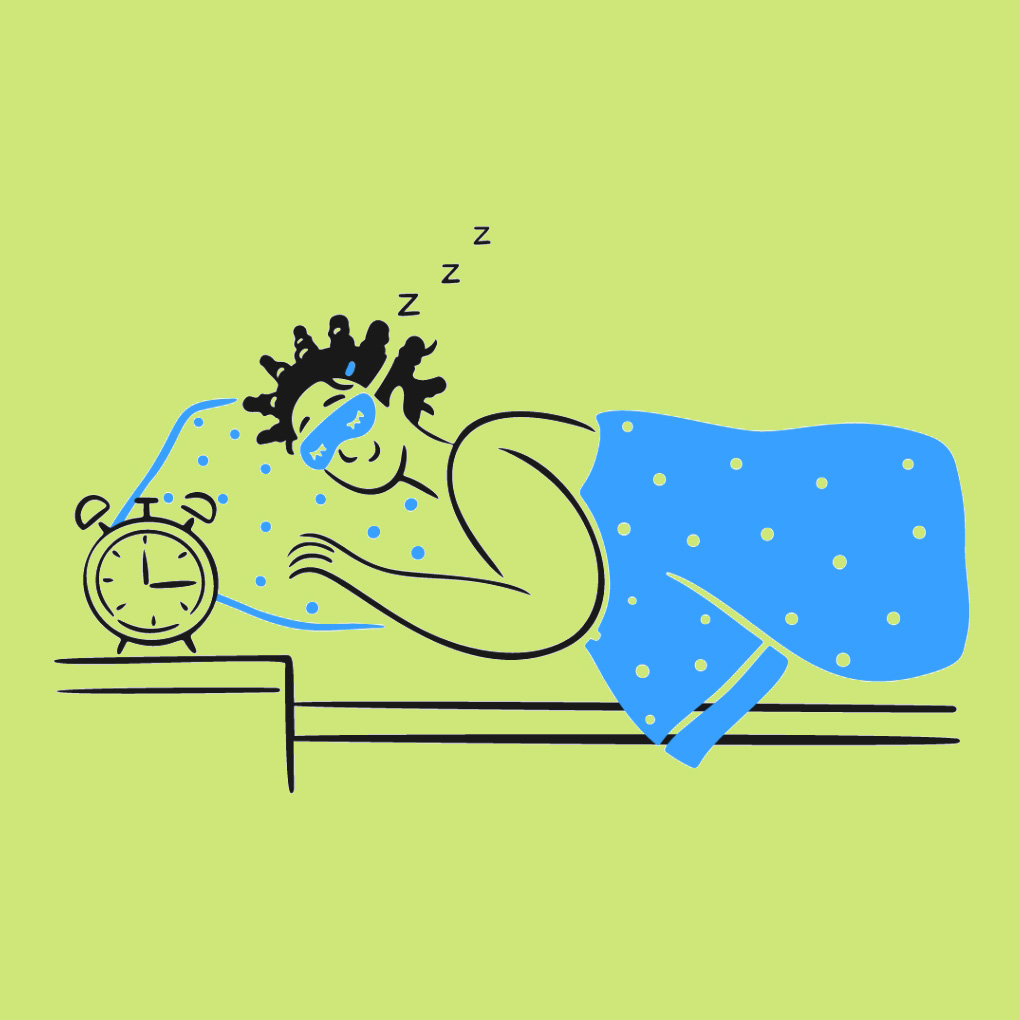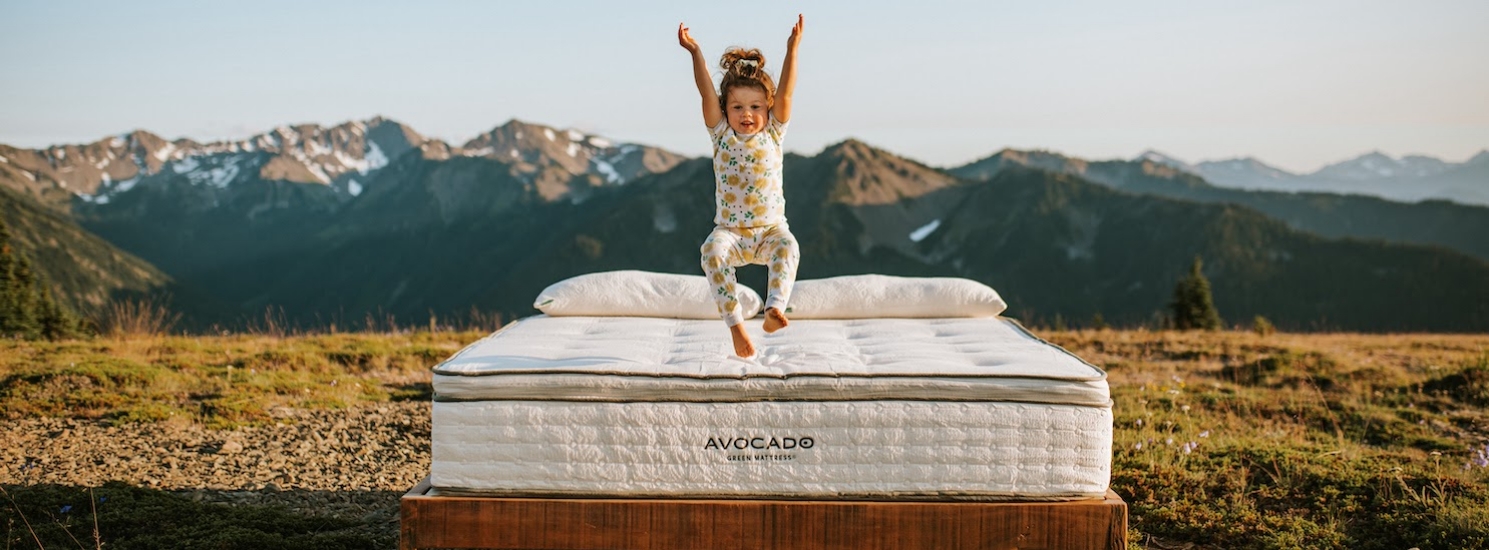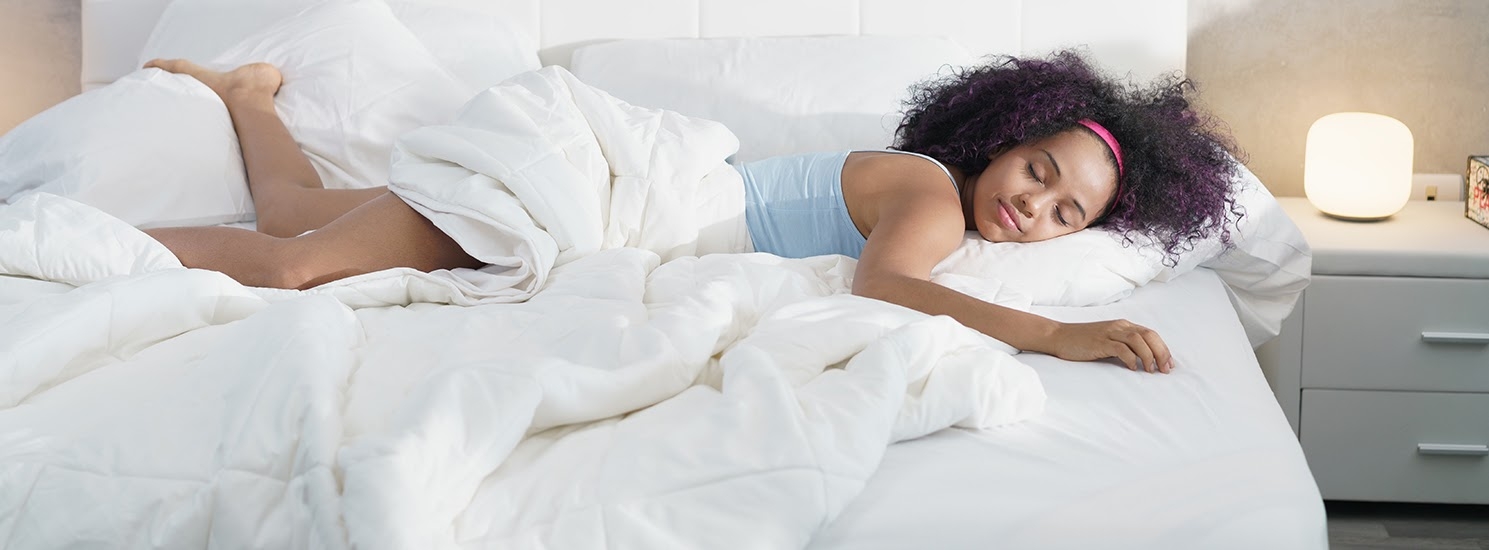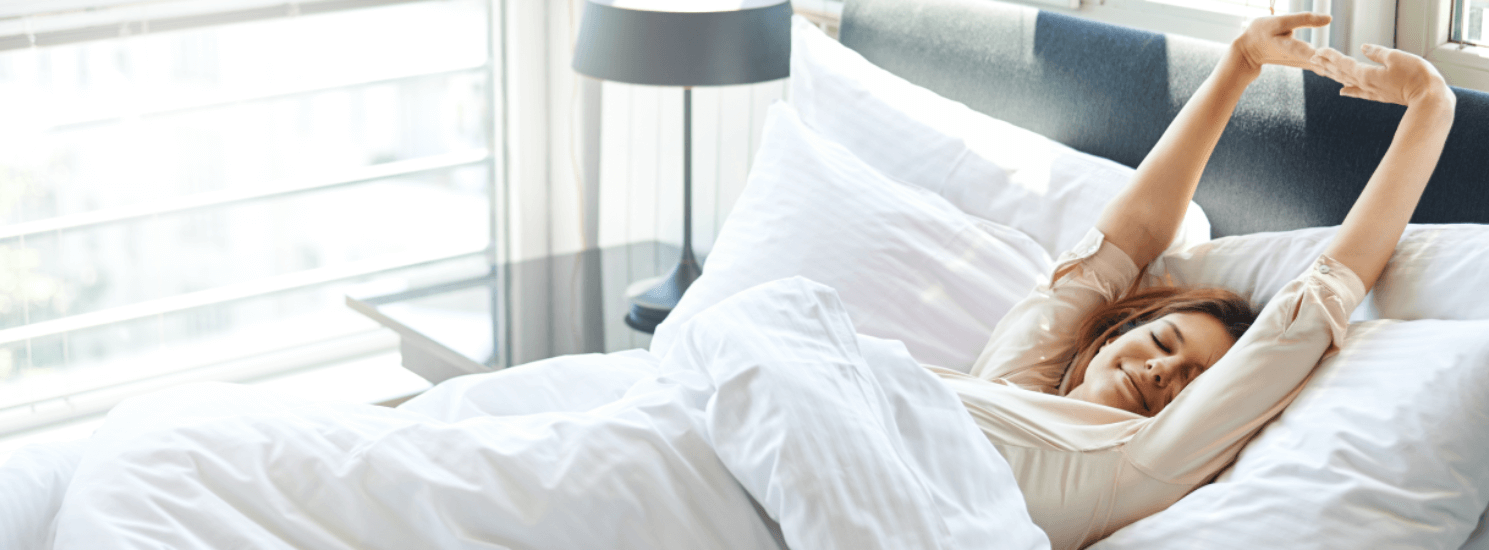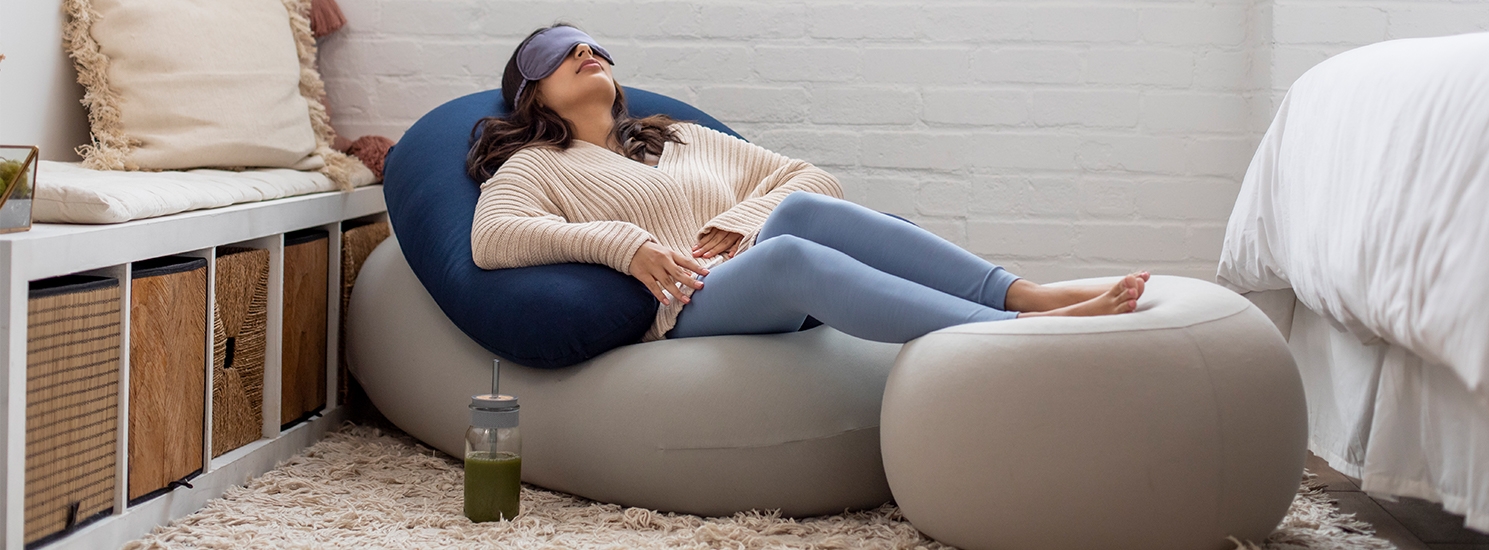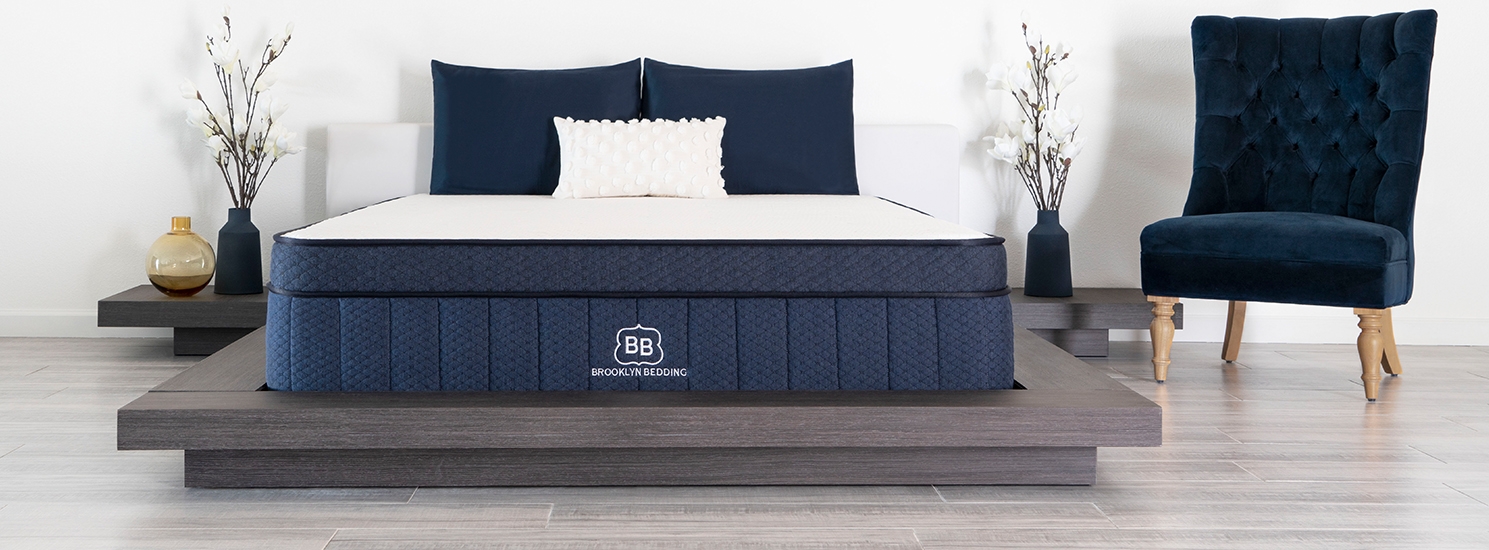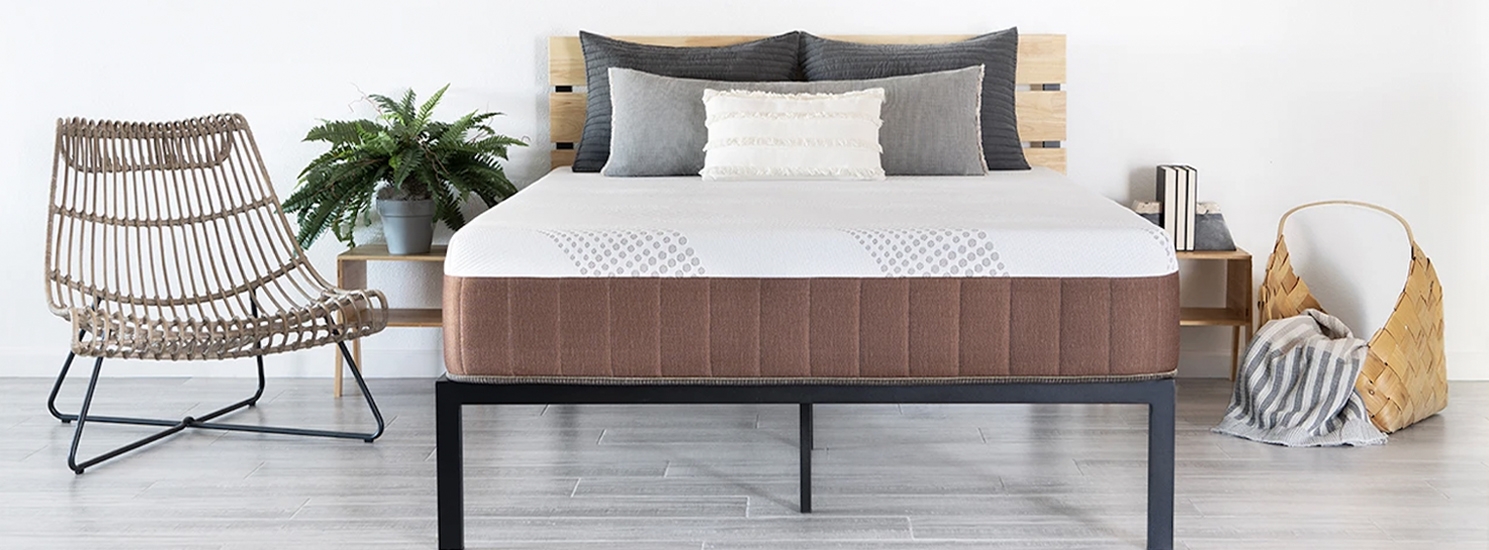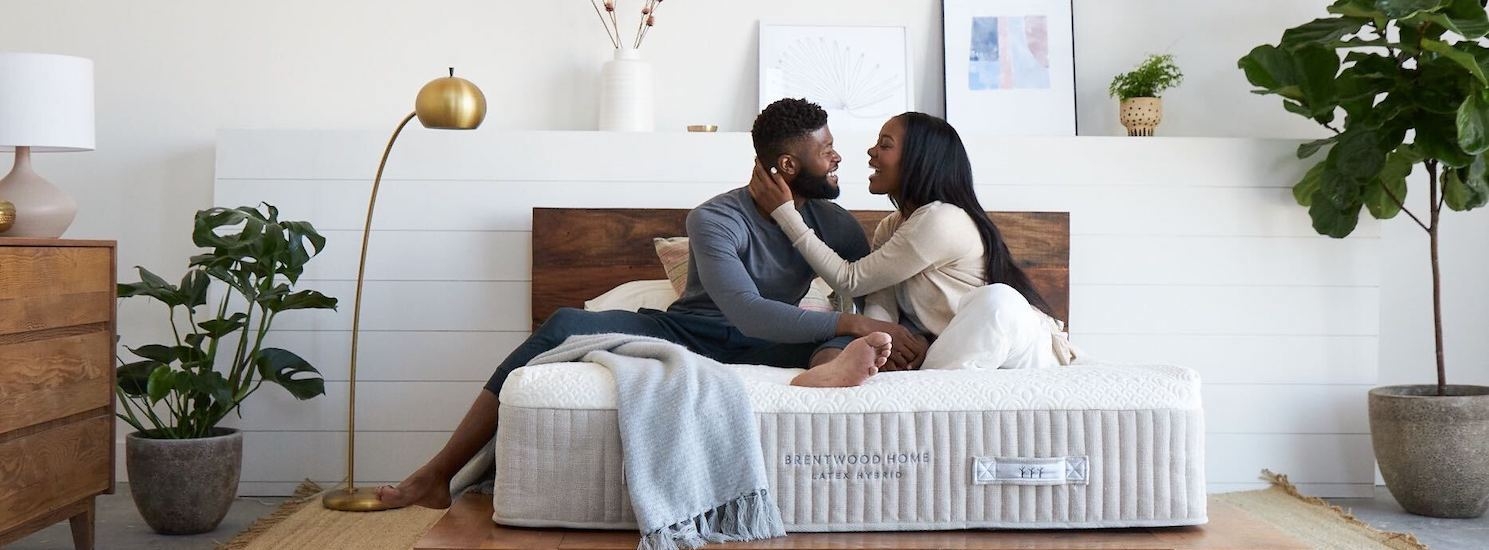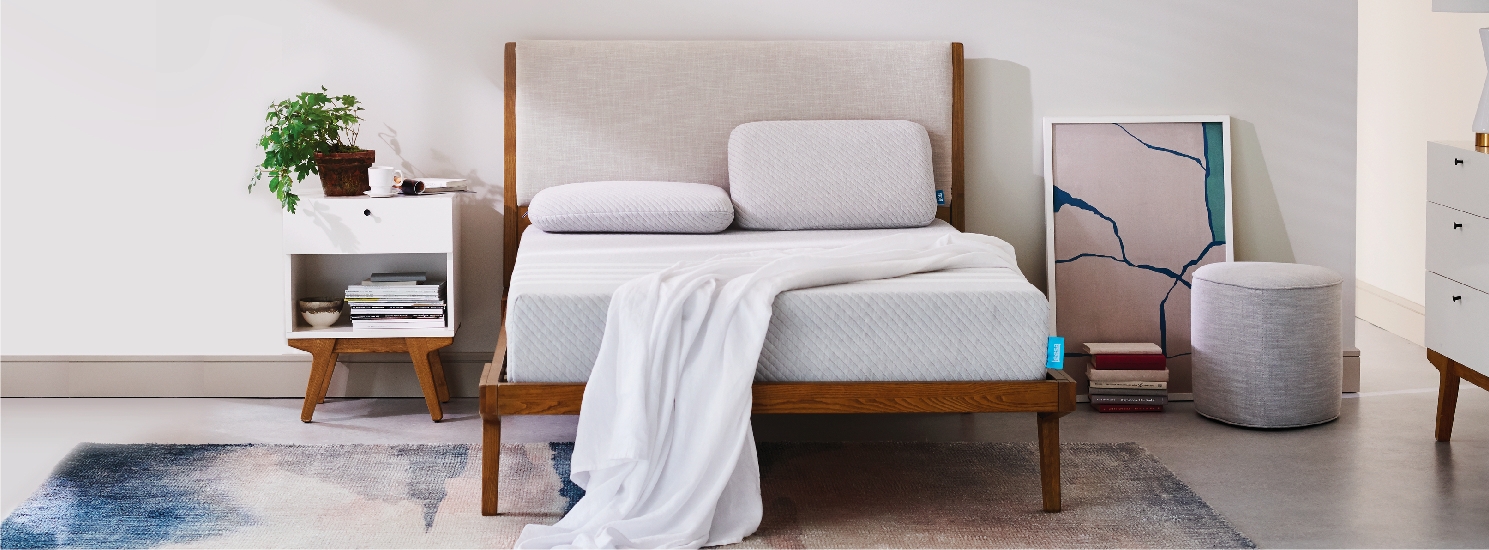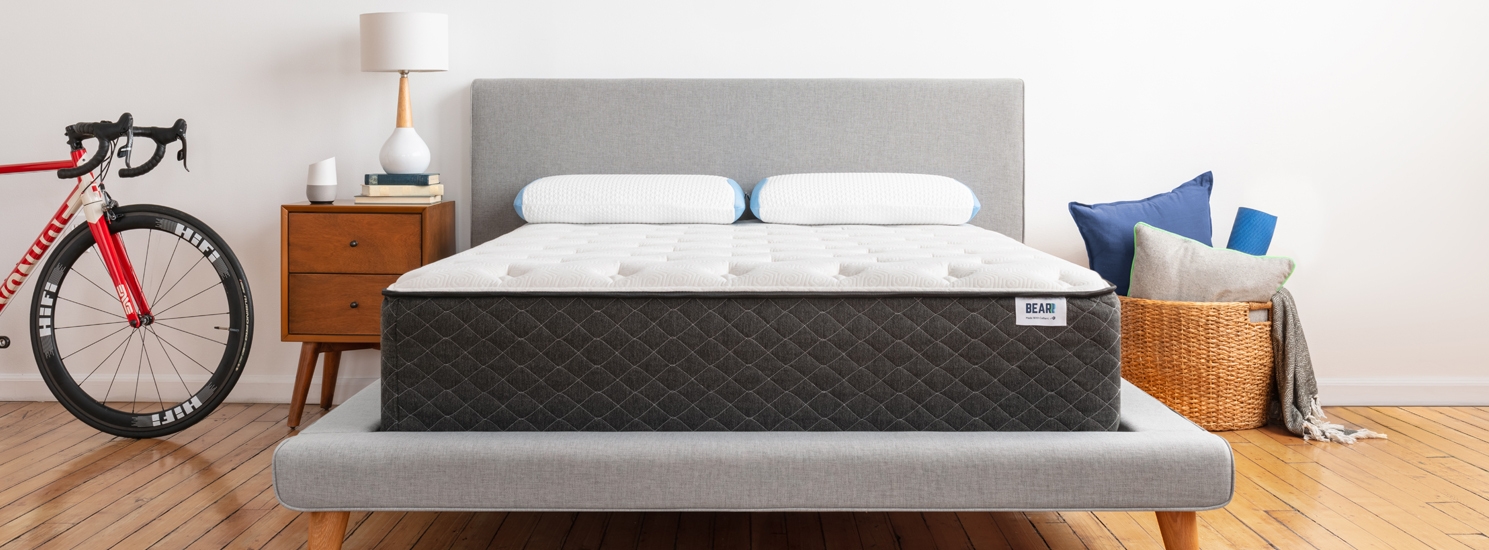Getting plenty of sleep is important for everyone, but for first responders, high-quality sleep is an absolute necessity.
First responders are at risk for sleep deprivation and impaired daytime alertness due to varying schedules and the stressful, high-intensity nature of their work.1 This, in turn, can impair their ability to carry out the job effectively and serve their community.
If you’re a first responder who struggles with sleep, here are five practical, science-backed solutions to help you fall asleep more reliably and get better quality sleep at night so you can be your best during the day.
Start With a Great Mattress
A comfortable bed with a supportive, high-quality mattress is fundamental to good sleep. One study found that when participants ranked a bed’s quality higher, they had better outcomes. They had more total sleep time, fewer nighttime awakenings, felt better rested, had more daytime energy, and experienced less severe morning pain.2
Which kind of mattress is best for good sleep? There’s no one-size-fits-all answer; it’s subjective. One study concluded that mattresses participants subjectively described as “medium-firm” were optimal3. So look for a mattress that you find not too hard, not too soft, but just right.
If you aren’t completely in love with your current mattress, or if it’s past its prime (i.e., over 7-10 years old), it’s time to upgrade!
2. Build Strong Sleep Associations
We are creatures of habit, for better or for worse. You can make this work for you by training your brain to recognize signals that it’s time for sleep.
Build strong sleep associations so your brain understands that the bed is for sleep and sex only.4 Here’s how: Minimize the amount of time you spend awake in your bed. Don’t lounge in bed eating, reading, scrolling on your phone, and so on.
If you don’t fall asleep within 15 minutes of lights out, get out of bed and do something else for at least 20 minutes – like drinking some water or doing some light reading (no screens) – then go back to bed. When you wake up, get up! Don’t linger. Plus, remove TVs, desks, exercise equipment, and other non-sleep-related items from the bedroom, if possible.
Strong sleep associations that link your bed to sleep are very powerful once they’re created. This is especially important for people who suffer from insomnia and struggle to fall asleep at night.
3. Schedule Your Sleep
The average sleep cycle in humans lasts about 90 minutes5. Waking up in the middle of a sleep cycle, especially early on in the night when more deep sleep occurs, drastically reduces the quality of your sleep and makes you feel groggy. It’s better to wake up in between sleep cycles, if possible.
To do that, start with the time you know you need to wake up tomorrow, then work backward in 90-minute blocks to figure out the optimal time to fall asleep. Add about 30 minutes or so, and that’s the time to start your bedtime routine.
For example, let’s say you need to be up at 6 am tomorrow. Five complete sleep cycles total 7.5 hours (5 x 90 minutes), which means you should (ideally) fall asleep around 10:30 pm. If your bedtime routine takes about half an hour, then start that routine around 10 pm.
This tip is particularly helpful for shift workers, including many first responders, whose schedules don’t allow for sticking to the same bedtime and wake-up time every day.
4. Write Away: Get It Down on Paper
Take some time before lights out to write. This is a chance to get all those nagging thoughts that keep you from sleeping down on paper and out of your head. One study found that participants who wrote a simple to-do list fell asleep more quickly than participants who wrote a list of what they’d accomplished that day.6
If you’ve had a particularly stressful or emotionally difficult day, this is also a chance to release some of those feelings so they don’t interfere with your sleep.
5. Reduce Light and Avoid Screens Before Bed
Light disturbs sleep. Even relatively small amounts of light from street lamps outside have been linked to diminished sleep quality.7 Reduce the amount of light in your room at night by removing light sources and using blackout blinds or curtains.
But it’s not just sunlight or lamplight that’s a problem, it’s also light from screens. In particular, the blue light emitted from phones, tablets, and other screens interferes with melatonin, a hormone that’s crucial for sleep.8 The National Sleep Foundation recommends turning off screens a minimum of 30 minutes before bedtime.
Sources
- First responders and increased risk for sleep deprivation
- Choosing the Best Mattress: An Experiment in Testing Whether Individuals Choose a Bed That Leads to Improved Sleep
- Effect of different mattress designs on promoting sleep quality, pain reduction, and spinal alignment in adults with or without back pain; systematic review of controlled trials
- Can’t sleep? When to get out of bed
- Sleep cycle stages
- The effects of bedtime writing on difficulty falling asleep
- Artificial Outdoor Nighttime Lights Associate with Altered Sleep Behavior in the American General Population
- Blue light from light-emitting diodes elicits a dose-dependent suppression of melatonin in humans

